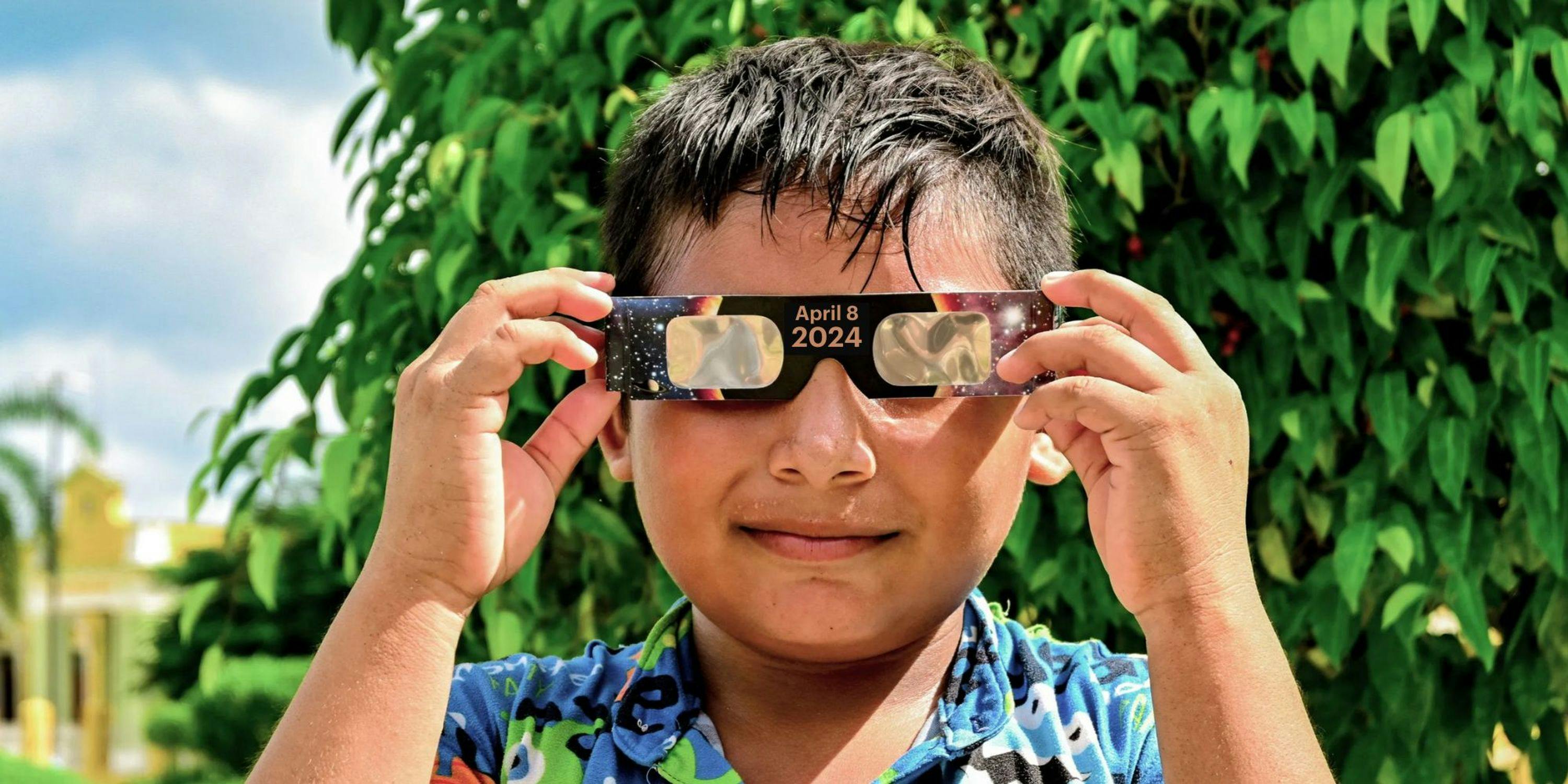2024 Total Solar Eclipse
We're celebrating the Solar Eclipse at Guidepost!
On April 8, 2024, the moon's shadow will race across North America- from Mexico to Canada- creating what might be one of the most awe-inspiring natural occurrences: a total solar eclipse. This rare event is happening this year, and almost all of our schools will have the opportunity to view at least a partial eclipse.
Seeing a solar eclipse is a rare and precious opportunity. In Montessori classrooms, we strive to bring academic knowledge to life. With concrete materials, practical life exercises, and engaging stories, our children develop a deep understanding of language, math, geography, history, and more. These lessons become an integrated part of how they view the world. And whenever possible, we take the lessons into the world. This year, we will have the chance to help our children understand the solar system in a profound and tangible way.
Before Eclipse Day
What's happening to prepare? Classes across the network are ordering eclipse glasses, planning events, and having lessons on the science, mathematics, history, and cultural connections surrounding solar eclipses. Come take a peek into our classrooms to see what we're learning around the network!
In early childhood classrooms, we're using models of the earth, moon, and sun to help children understand how the comparatively tiny moon could completely block the sun!
We're also creating chalk art to commemorate the eclipse.
In elementary classrooms, we're learning about solar filters and learning to observe an eclipse safely.
We're also partnering with NASA's citizen scientist project to observe the eclipse and contribute to the ongoing research on the impact of these events on natural life.
Students are building models of the earth and moon, to understand how the moon's shadow can block the sun. They are also completing research on the cultural impact of eclipses in the Ancient World.
Middle and High school students are calculating the distance between celestial objects, building models of the solar system, and researching famous eclipses in ancient and modern history. Did you know that Einstein's Theory of Relativity was put to its first test during the 1919 total solar eclipse?
Across our network, we're preparing by learning: the vocabulary, the science, the math, and the history.
Eclipse Day!
When the eclipse passes by, we'll be looking up at the sky. Come join us at your local Guidepost! We will be sharing stories and lessons, creating crafts and art projects, and each student in Children's House, Elementary, Middle, and High school will see the eclipse for themselves with a pair of solar glasses.
